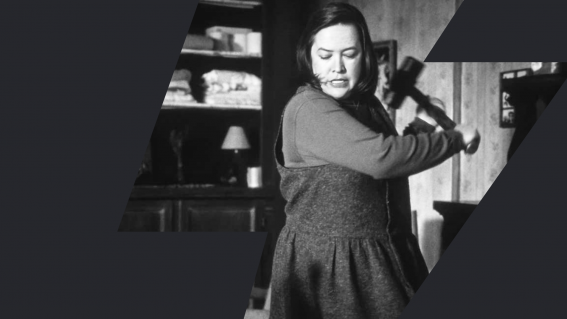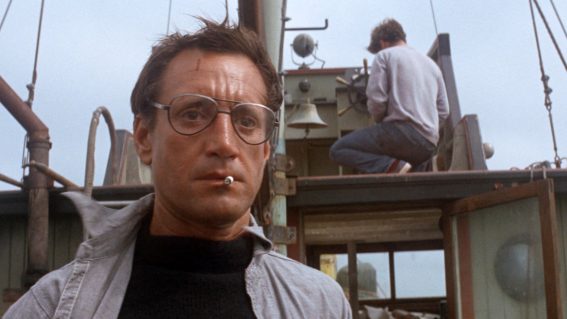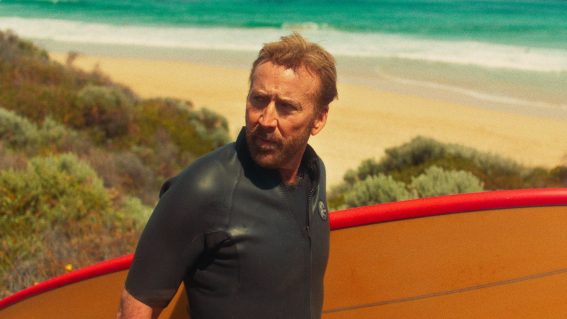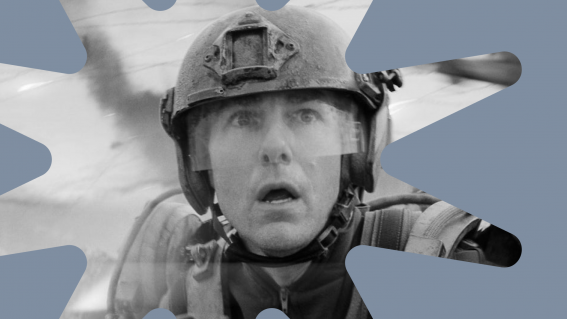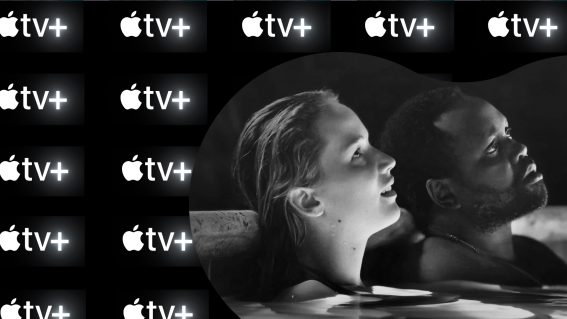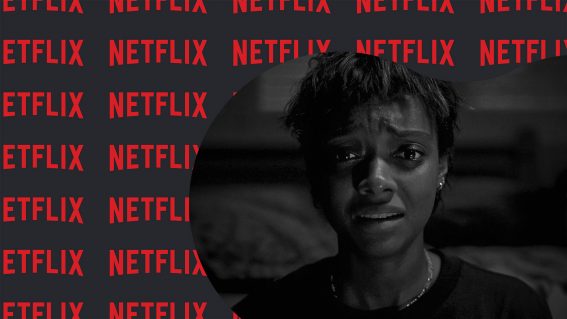A Film Guide to Heartbreak
With Valentine’s Day approaching, it seems appropriate to talk about love and film and how well they mesh together. Films are outlets that allow us to express the depths, the beauty and the idiosyncrasy of even the simplest human emotion. Love is an experience that hit’s the apex; a natural euphoria. Love also sucks balls. […]
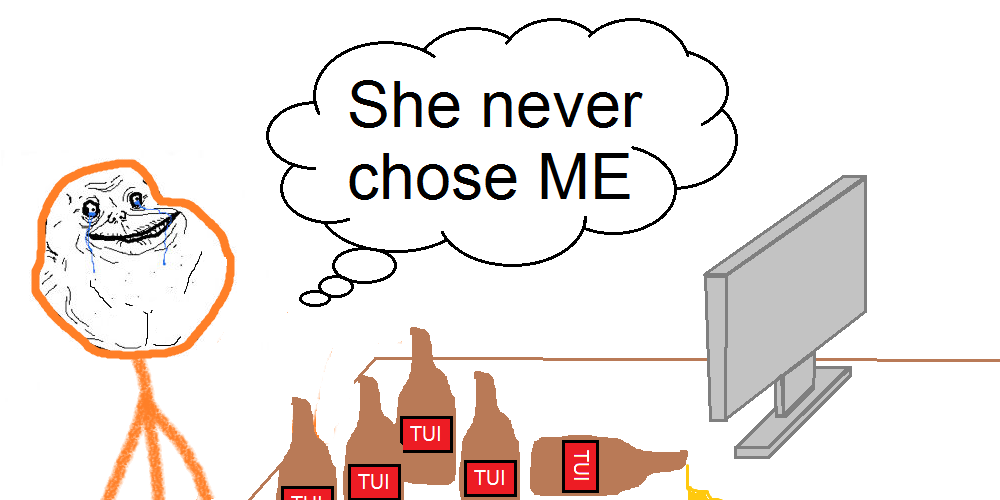
With Valentine’s Day approaching, it seems appropriate to talk about love and film and how well they mesh together. Films are outlets that allow us to express the depths, the beauty and the idiosyncrasy of even the simplest human emotion. Love is an experience that hit’s the apex; a natural euphoria.
Love also sucks balls.
It works both ways. With depth, beauty and idiosyncrasy comes complexity, ugliness and cheating bastards/bitches. I’ve had my unfair share of messy, mundane, merciless break-ups and rejections, usually remedied by a night locked in my room with a case of beer re-watching the first season of Pokémon on DVD. 
I can’t say I know what it’s like to “fall in love,” so I still have that small void of ignorance. However, I do know this: the longer you fall, the harder you’ll hit the ground. That’s just plain physics.
My head’s been drilled with a lusty amount of romantic pessimism. Thus, I gravitate towards love stories that involve some sort of misery and despair. The following films are fully aware of how relationships often don’t end up where you want them to, though the trail may be full of splendour and exhilaration. While the morals of these stories are harsh and often hard to take in, they tend to come with a bold lesson.
Love, loss, learn. Rinse and repeat.
Like Crazy
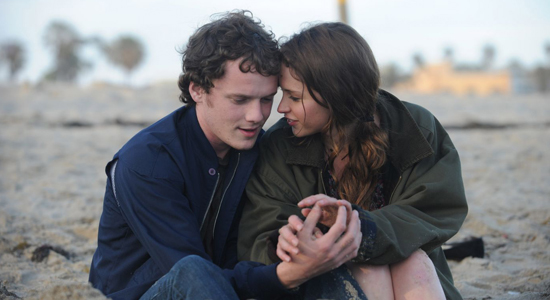
The Basic Plot
Two young colleges students (an American and a Brit) fall ridiculously in love. Like, crazy. But when the girl overstays her visa, she’s deported back to London. Banned from the US, their intense bond is challenged. They try to work it out. Try.
It’s a very straight, simple romantic tragedy. The performances make it easy to buy into the couple’s relationship, which only adds to the heartache when the heavy stuff unfolds. The ending may split you, either having you totally convinced or making you call bullshit. I was the former.
The Harsh Moral
Sometimes, one stupid decision can dismantle the strongest feelings. We like to think this isn’t true, that an intense love is invulnerable to such things. It’s not.
The Optimistic Moral
While young love is a ladle for dumb ignorance, it’s still a uniquely phenomenal feeling.
(500) Days of Summer
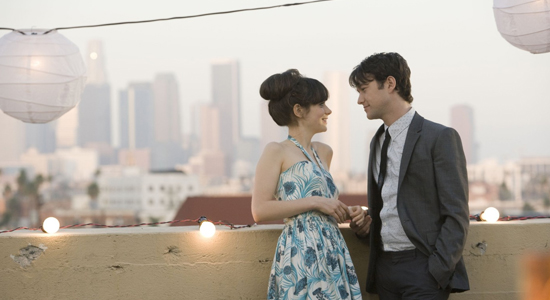
The Basic Plot
Tom falls for Summer, a girl who doesn’t believe in the existence of true love. The film is essentially a highlights reel of their 500 day relationship, from the moment they meet to the moment she crushes him. Then he tries to win her back. Then she crushes him again. It doesn’t work out that well for Tom.
To call this (or any of these films, really) a “chick flick” would be a bit misleading, for it’s my guy mates that seem to relate to this film a lot more. Granted, I’ve never given much credibility to the term at all; a good “chick flick” is still a good flick. The film does incredibly well to show us the truthful side of being dumped, aligning our optimistic fantasies with a level-headed sense of reality (literally aligning them side-by-side via split screen at one point).
The Harsh Moral
Whatever TV taught you about romance is probably skewered. It doesn’t matter how nice of a person you are or how hard you try, sometimes the person you fall for just doesn’t feel the same way about you. In that case, you have to get off that scale before you sink too low.
The Optimistic Moral
Never underestimate the amazing power of getting-the-f**k-over-it. There’s plenty more fish in the sea. Though, to be fair, there’s only two Zooey Deschanels (the other one being Katy Perry).
Brief Encounter
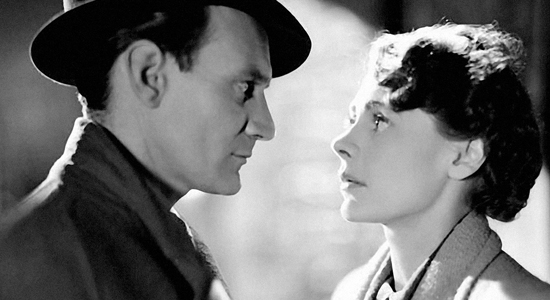
The Basic Plot
A man and a woman become romantically involved, deceiving their respective spouses. Taken from the perspective of the woman, we follow her every thought, feeling and guilt trip surrounding her new-found love up to their sadly anticlimactic goodbye.
The lead’s narration feels dated and intrusive, but I was drawn into her predicament nonetheless. It threw around some challenging ideas for its time (the WW2 era), managing to generate some pretty genuine sympathy for the affair-bound characters.
The Harsh Moral
Sometimes you fall in love under some pretty shitty circumstances. It can be fun to ride the impulse, but the longer it goes on, the greater the risk of it derailing into a train wreck.
The Optimistic Moral
I don’t want to spoil the ending, but suffice to say it ends on a note that surprised me. Don’t know if I’m entirely convinced by it, but you’d have to judge for yourself.
Ordinary People
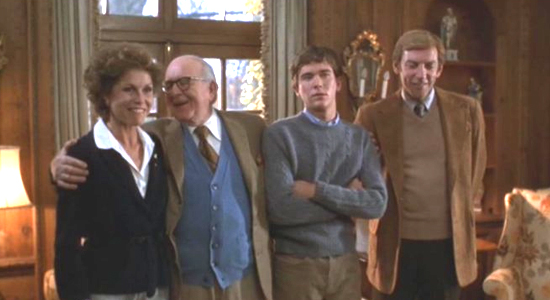
The Basic Plot
A seemingly standard upper-class American family are shaken to their core when the eldest son dies. Through this tragedy, we begin to see the mother and father’s marriage as a veil, hiding the vacant space where their love use to be.
Having never heard of this Best Picture-winning film (1981 Academy Awards), I figured I’d see what the hub-bub was all about, prepared for a fairly run-of-the-mill family drama. It played out that way for the first half hour, but like a tapeworm, it buried itself inside me. By the end, after the shit on the fan hardened up, I was completely vacant.
The Harsh Moral
A tragedy can reveal who we truly are. Unfortunately, that may not be the person you fell in love with.
The Optimistic Moral
Judd Hirsch is a kick-ass therapist.
Brokeback Mountain
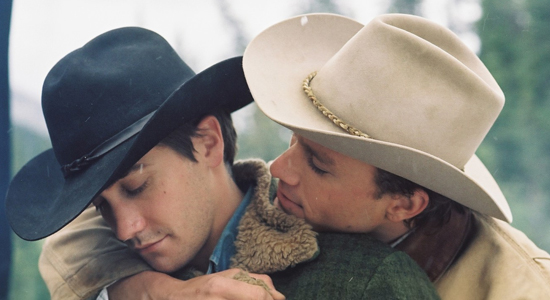
The Basic Plot
Two cowboys in the 1960s fall in love, going against the morals of their town. Though they both try to keep a “straight” face (hardy har har), they have an inability to quit each other.
I admit, I haven’t seen this film the entire way through, but I can safely say it’s pretty damn good. Mind you, any good-mannered film that manages to cause a real-life homophobic/sexist/racist response gets an auto thumbs up from me.
The Harsh Moral
Homophobes suck. Keeping up with false social appearances also sucks. Falling in love under circumstances that are considered “forbidden” makes the trifecta of suckage.
The Optimistic Moral
Manliness isn’t defined by who you love or what you’re attracted to; it’s how far you’re willing to go to get something you’re passionate about. Under that moral, them two gay cowboys are pretty damn manly.
An Affair to Remember
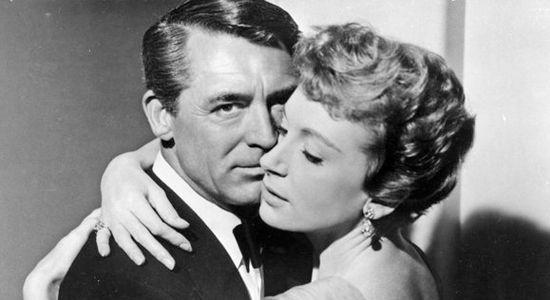
The Basic Plot
A couple meet on a cruise liner, each engaged to someone else. They fall in love. Forced to go their separate ways after the cruise, they agree to ditch their partners and meet six months later if they still feel the same way about each other. But when that day comes, something really sucky happens.
The first half of the film is as generic as you can imagine: Deborah Kerr shows some faint initial sense of independence while Cary Grant’s right-angled jaw remains locked in smirk mode. However, on the day they agree to meet again, the film takes a sharp left. The rest of the movie is devoted to how the characters deal with their tragic-yet-vague situation. That’s when shit gets interesting. The final conflicts is dynamite, though I wasn’t won over by the happy note it left on.
The Harsh Moral
Self-made fairy tales can veer offcourse via an extraneous accident. I won’t spoil what prevents their meeting, but suffice to say, it applies an upshot of reality that’s about as welcoming as a punch in the dick.
The Optimistic Moral
The truth is sometimes not as bad as our own chaotic thoughts. We may jump onto the assumption that the other person ditched us because they simply don’t give a shit when in actuality, there’s a more straightforward explanation to their absence. Though, at least in my experience, they usually just tend not to give a shit.
Blue Valentine
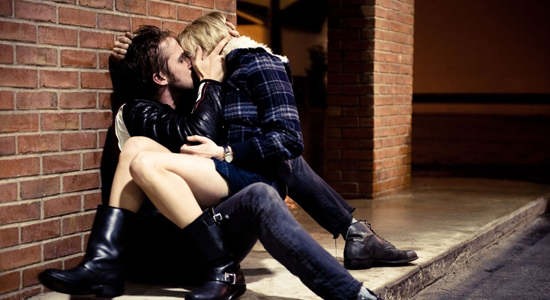
The Basic Plot
A look at the very sweet beginning and the very brutal end of a relationship. The two moments intercut back and forth, so when you see their puppy love develop into something that may work , it cuts back to the end to prove you wrong.
It’s not a happy experience, but it’s damn good. When I saw this in the cinema, I could hear a few sad sniffles coming from the aisles once it finished. It didn’t make much sense to my heartless brain, it’s always a relief to see people walk away from a car crash.
The Harsh Moral
Know when your relationship isn’t working. The longer you hold on, the more it can poison you both. Though living in the ass-end of a do-nothing town probably doesn’t help matters either.
The Optimistic Moral
It can better for both of you if you just break it off. Sometimes you need to shoot the horse and put it out of its misery. OK, so that’s not very optimistic, but what do you want from me?
Before Sunrise/Before Sunset
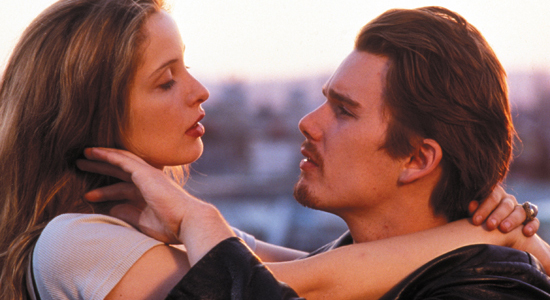
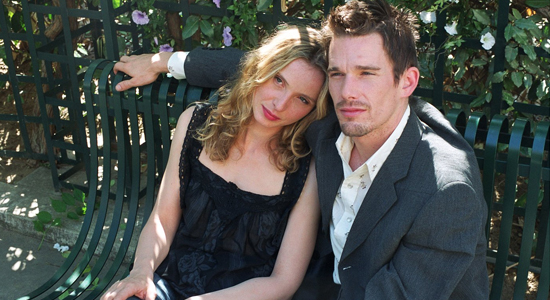
The Basic Plot
Two movies shot and set 9 years apart: the former focusing on the brief romantic encounter between two 20-something year olds (lasting from dusk till dawn), the latter follows them around in real time as they make small talk. Eventually, they break down, confessing their unbalanced feelings for each other based on that one night.
I adore both of Linklater’s dialog-heavy films, though I’ve meet a lot of people who don’t. Perhaps it’s just too talky for people, and I get that. This is a bit of a unique one in the list, for the heartbreak never really occurs in either film. Rather, it’s the nine-year gap between the two that slowly crumbles them, as they both hesitantly explain in Before Sunset.
The Harsh Moral
A brief romance has the potential to sully any further encounters you will ever have, if you’re not given the time to explore the other person’s flaws.
The Optimistic Moral
Well… that depends on how you interpret the ending to the second film.
There’re more films I wish I could’ve added to this guide, but I either haven’t seen ‘em, I want to talk more about them in another post or I just couldn’t be stuffed adding them at this point.
Revolutionary Road
Eternal Sunshine of the Spotless Mind
Rabbit Hole
Kramer vs. Kramer
Lars and the Real Girl
Now if you’ll excuse me, I’m going to YouTube for a completely unrelated reason. Till next time, readers.





